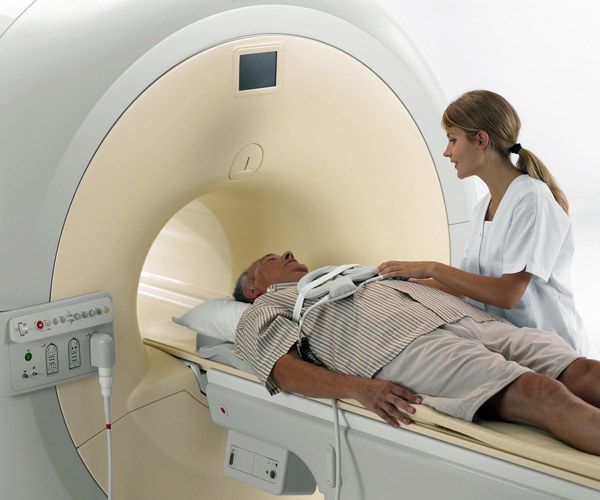Instruction
1
The tumor in the early stages, usually develops painlessly and does not give specific symptoms. However, there is a so-called syndrome of small signs of cancers identified domestic researcher academician Savitsky: unexplained weakness and fatigue; anemia; sudden weight loss; depression. A similar set of complaints in any case should be cause for a visit to the doctor.
2
Some types of malignant tumors can be detected visually or by palpation (probing). Finding on mucous membranes the skin or mucous membranes, in the region of the breast of the seal or obscure tumors, watch them. If after a few days or weeks they do not disappear by themselves, consult a doctor specializing in the appropriate anatomical region (dermatologist, dentist, urologist, mammologist etc.) the Doctor will conduct inspection and palpation and if necessary refer you to additional tests.
3
To refute or confirm a diagnosis supported by numerous laboratory-clinical diagnostic:
x - ray examination (including mammograms – study of mammary glands with sparing of the dose);
- Ultrasound and sonography (effective for imaging tumors in the abdomen and pelvic area);
endoscopy (visual examination of the organs and cavities of the body);
biochemical analyses of urine, feces, blood, gastric juice, which can detect signs of the presence of tumors);
- cyto - and histology (including biopsy provides a tissue sample for a study).
x - ray examination (including mammograms – study of mammary glands with sparing of the dose);
- Ultrasound and sonography (effective for imaging tumors in the abdomen and pelvic area);
endoscopy (visual examination of the organs and cavities of the body);
biochemical analyses of urine, feces, blood, gastric juice, which can detect signs of the presence of tumors);
- cyto - and histology (including biopsy provides a tissue sample for a study).
4
Among the latest methods of visualization of all tumors in the body – magnetic resonance imaging (MRI), nuclear magnetic resonance stereoscopy (NMR), positron emission tomography (PET) and other types of research based on the achievements of radiation physics.
